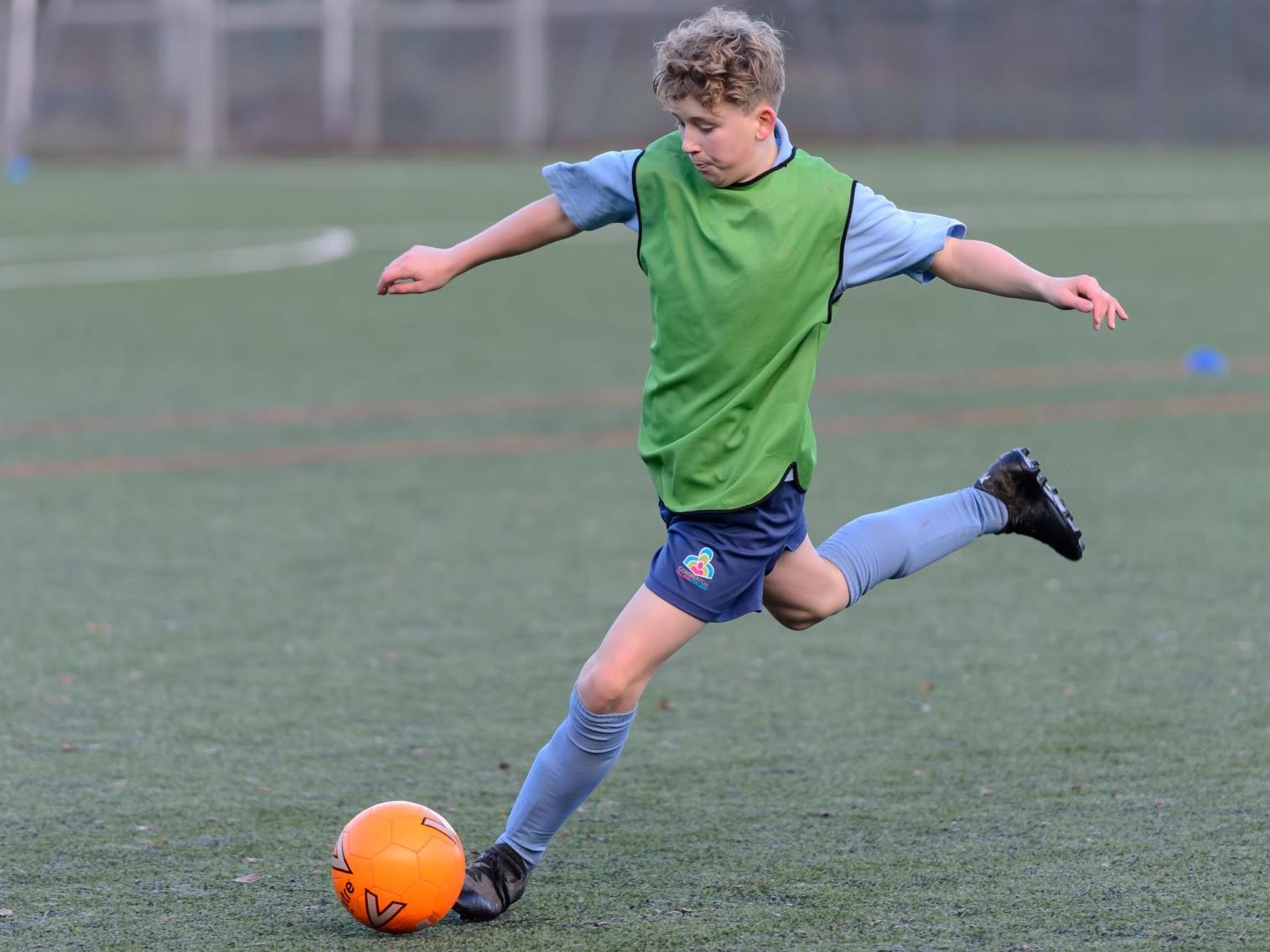Deprivation-based inequalities in physical activity between Scotland’s children were already growing before the Covid-19 pandemic, according to research.

The study has found that children from more deprived families were nearly three times more likely not to be involved in sport than those from less deprived families. They were also more than twice as likely to have obesity by the time they were in primary one and nearly less than a quarter likely to have safe outdoor spaces to play in.
Adults from more deprived families were also less than half as likely to volunteer in sport than those from less deprived families.
The University of Strathclyde-led study is supported by Dr Simone Tomaz, from the Faculty of Health Sciences and Sport at Stirling, and covers 2019 – the most recent year for which data is available – and indicates an overall decline in physical activity by Scottish children. It does not forecast the impact which the Covid-19 pandemic may have had on the issue in Scotland but observes that it has had a “devastating impact” on levels of child physical activity and physical fitness in some other countries.
Overall, the 2021 Active Healthy Kids Scotland Report Card showed that fewer than 20 per cent of children were meeting guidelines for screen time and fewer than half took part in active transportation, such as walking or cycling. However, the research also discovered that around two-thirds of children in total had access to safe local outdoor spaces and a similar level took part in organised sport and physical activity.
The survey makes its assessments based on 11 indicators, including screen time, active play, physical fitness, diet, obesity, active transportation, and government policy. The researchers have called for government to ensure its policies – which they believe are generally very good on physical activity are implemented.
The study also involved the Universities of Glasgow and Aberdeen, Robert Gordon University, the Medical Research Council and the Chief Scientist Office.
“We have been publishing these report cards for 10 years now and things have got worse for children in Scotland in physical activity and health; little has got better. Screen time is massive and has grown over the years and as it has done so, it has taken time away from other things like play and time outdoors,” said professor John Reilly of Strathclyde’s School of Psychological Sciences and Health, lead researcher in the study.
“We have found social inequality in relation to health behaviours and other things the report card covers and the pandemic is likely to have just accelerated things that were already underway. For example, we suspect that socioeconomic differences in risk of obesity - which was already much more common in children from poorer families - will have widened even further during the Covid-19 pandemic.
The next Active Healthy Kids Scotland Report Card in 2023 will take an in-depth look at the unintended consequences of COVID-19 mitigation measures on child physical and health in Scotland.
“It’s clear that the Scottish Government wants to do the right things on physical activity, but this is not just about having the right policies but ensuring they are implemented. Measures for reducing poverty are important, along with ensuring that action is co-ordinated between local and national government, NGOs and the third sector,” said professor Reilly.
The Active Healthy Kids Scotland Report Card reflects Good Health and Wellbeing, which is among the United Nations’ Sustainable Development Goals.